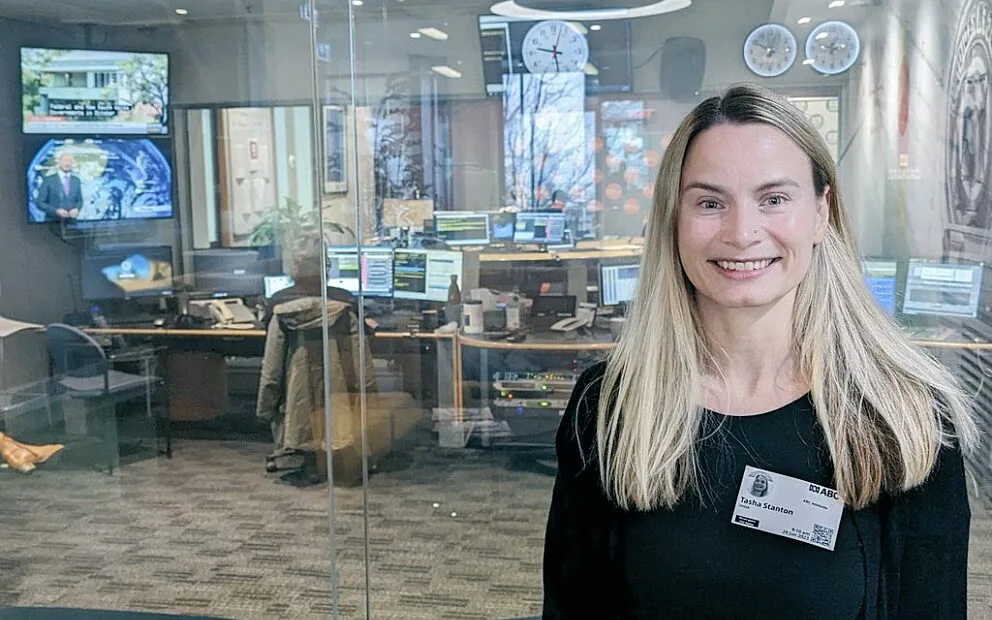New research from SAHMRI and the University of South Australia is investigating how the debilitating chronic pain condition, fibromyalgia, impacts decision-making in humans.
An estimated one million Australians currently live with fibromyalgia, a complex disease characterised by widespread pain in the muscles, ligaments and tendons that results in fatigue and is linked to cognitive impairment, including brain fog.
SAHMRI’s Persistent Pain Research Group, led by Dr Tasha Stanton, is currently recruiting for two studies, with the ultimate aim of devising better treatments for people with fibromyalgia.
“Our studies have shown that people who live with chronic pain are less likely to perceive that rewards which are delayed or require a high level of effort to attain are worth it,” Dr Stanton said.
“While the tendency to prioritise immediate rewards that require little effort is common among humans, it is significantly heightened in those experiencing persistent pain. We want to understand whether this altered decision-making might be over-protective or whether it’s adaptive,” Dr Stanton said.
One of the studies is local to South Australia and will require participants to undergo a single testing session, where they’ll be asked to walk on the treadmill and will be rewarded for effort. Both people with fibromyalgia and people without chronic pain are eligible to take part.
The other study is being run nationally and is open to anyone, including those living with any form of chronic pain, as well as those who’ve never experienced chronic pain. It involves an online survey and decision-making test.
“Perhaps we learn that certain actions that take effort come at a high cost, such as increased pain or fatigue. This type of learning is adaptive and can be a good thing,” Dr Stanton said.
“The challenge is that our internal systems can be over-protective; that is, giving us more protection than we truly need, and in doing so, act as a barrier to many of the treatments that are recommended for fibromyalgia, such as exercise.”
“If decision-making is over-protective, then we should directly target it, and this might result in a new treatment for fibromyalgia. But if decision-making is not over-protective, we shouldn’t directly target it because that approach might make things worse.”
South Australian locals interested in joining the onsite trial can complete the eligibility questionnaire here.
Those wanting further information about the nationwide trial can find out more here.



